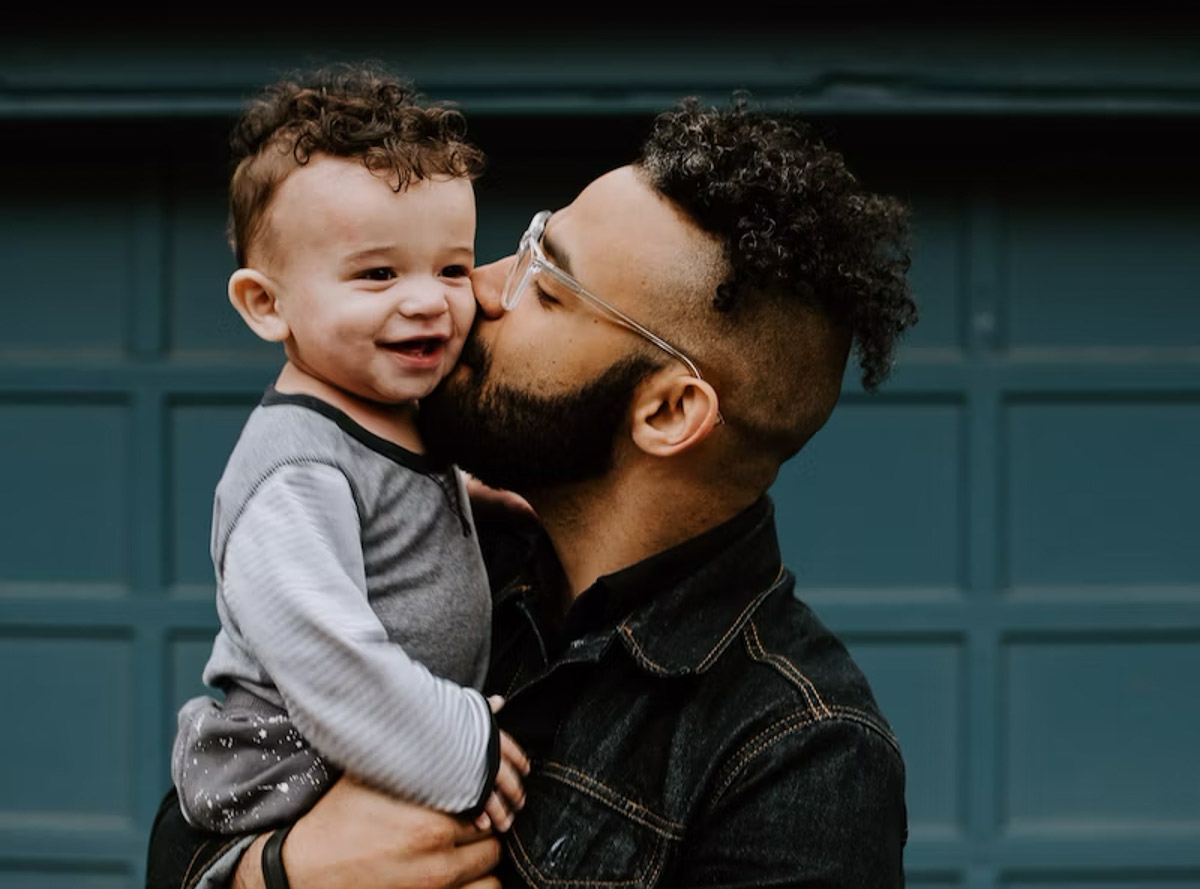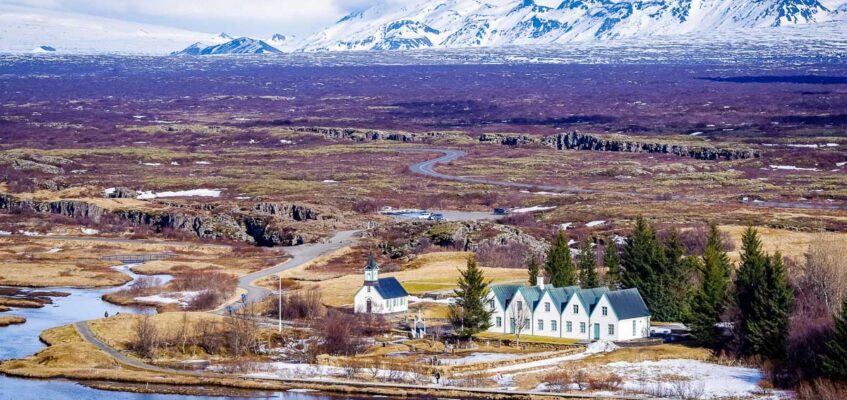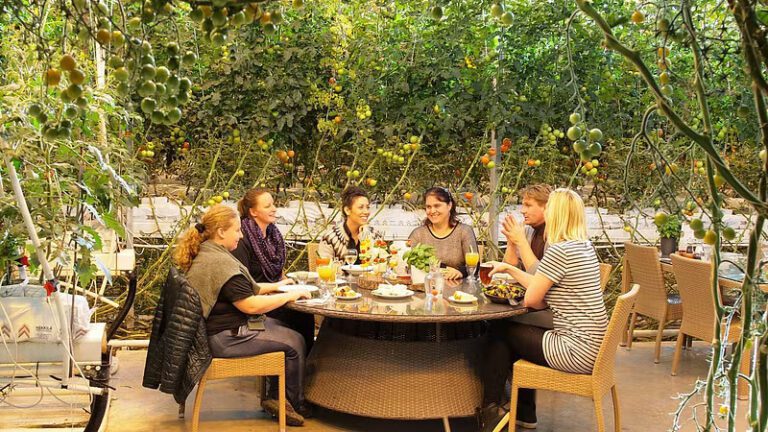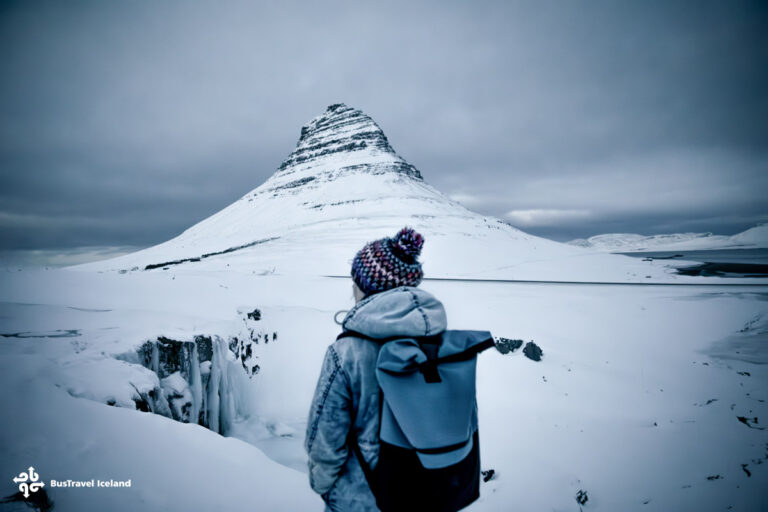Icelandic Names
- Iceland Culture
- 25 Jan 2021
Icelandic personal names are unique in the west, with a long history and a special place within society.
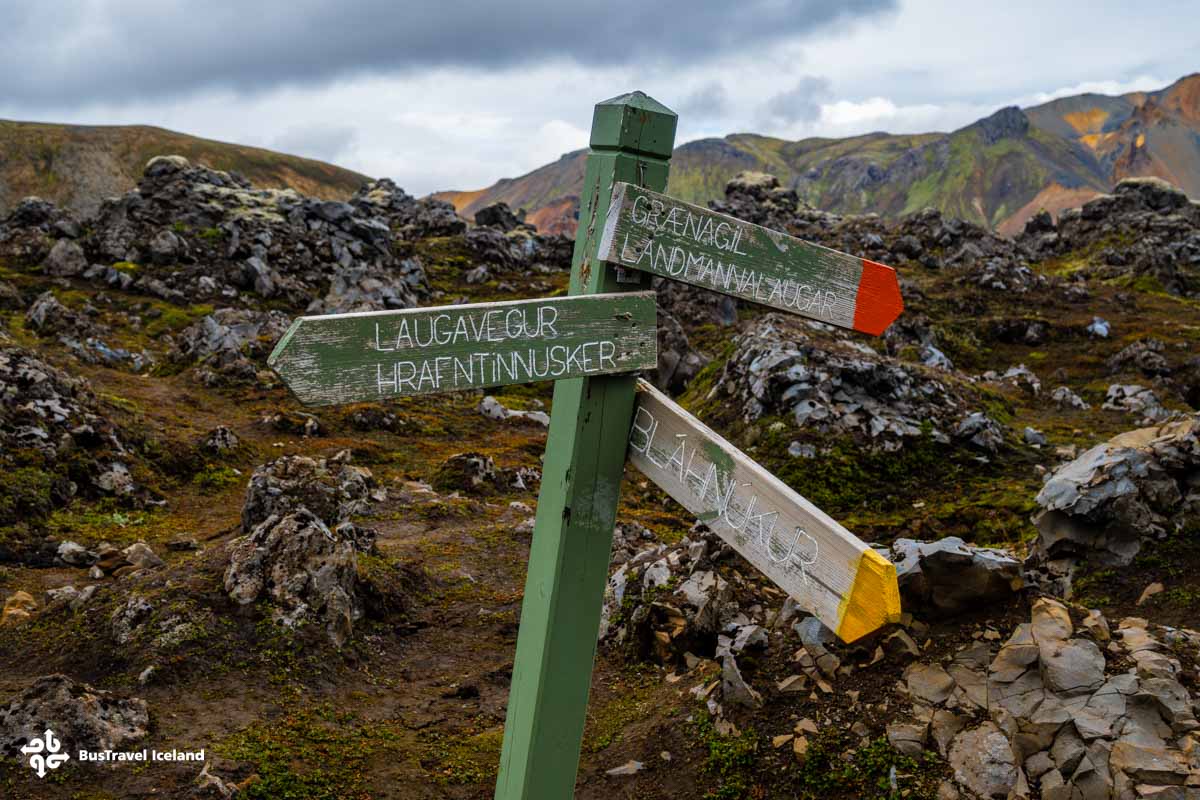
First names only, please
One of the things visitors first notice about Icelander’s is that everyone just calls each other by their first name. Whilst titles, like Dr, exist in Iceland the formality is eschewed for a more personable approach. Sometimes travellers think Icelander’s are being rude when they are not addressed formally, but this isn’t the case. Possibly due to the small population of the country and the egalitarian society everyone is only know by their first, and maybe middle, name. Even in the official phone book everyone is listed by their first name.

No surnames!
Surnames don’t really exist in Iceland. Some Icelandic families adopted Danish surnames in the early 20th century but in 1925 the government banned the adoption of family surnames. Instead of a surname Icelanders have patronymics and/or matronymics. This means they are named after one or both of their parents. For example, if your father was called Gunnar and you were a girl you would get the patronymic Gunnarsdóttir (Gunnar’s daughter) and similarly Gunnarsson (Gunnar’s son) if you were a boy. It is more common for the child to take the fathers name but it is becoming increasingly popular to be named after both parents or children who are only cared for by one parent often take their name only. This lack of a family name sometimes causes issues for Icelandic families travelling abroad. Foreign local authorities expect families to have a common name, however in Icelandic families it would not be unexpected for every member to have a different last name.
When Iceland played in the men’s football world cup some Icelander’s were confused to see patronymics on the back of the player’s shirts. In Iceland these football stars are always referred to by their first name, however most of them play professional football in other countries where they have adopted the habit of going by their ‘surname’. In the end the footballers requested that they kept using their patronymic on their shirts when playing for Iceland so they would be recognised internationally.
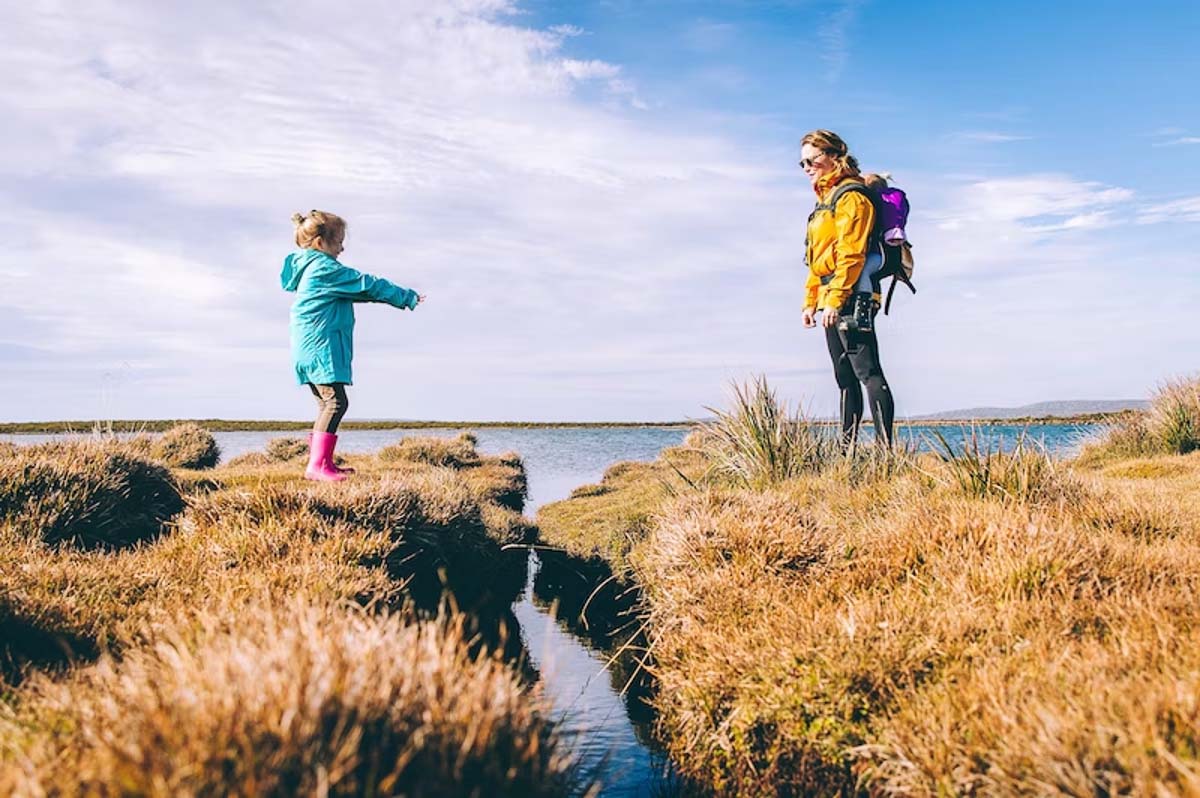
A book of names
First names are also quite unique. All names given to children in Iceland must be approved by the Icelandic naming committee, and are listed in a book of Icelandic names. The committee was established in 1991 to ensure all names abide by Icelandic grammatical rules and to Icelandic culture. In 2021 the committee announced that names did not need to confirm to specific genders based on biological sex, and even introduced names that were gender neutral in the language. The first two gender neutral names to be introduced were Regn (Rain) and Frost.
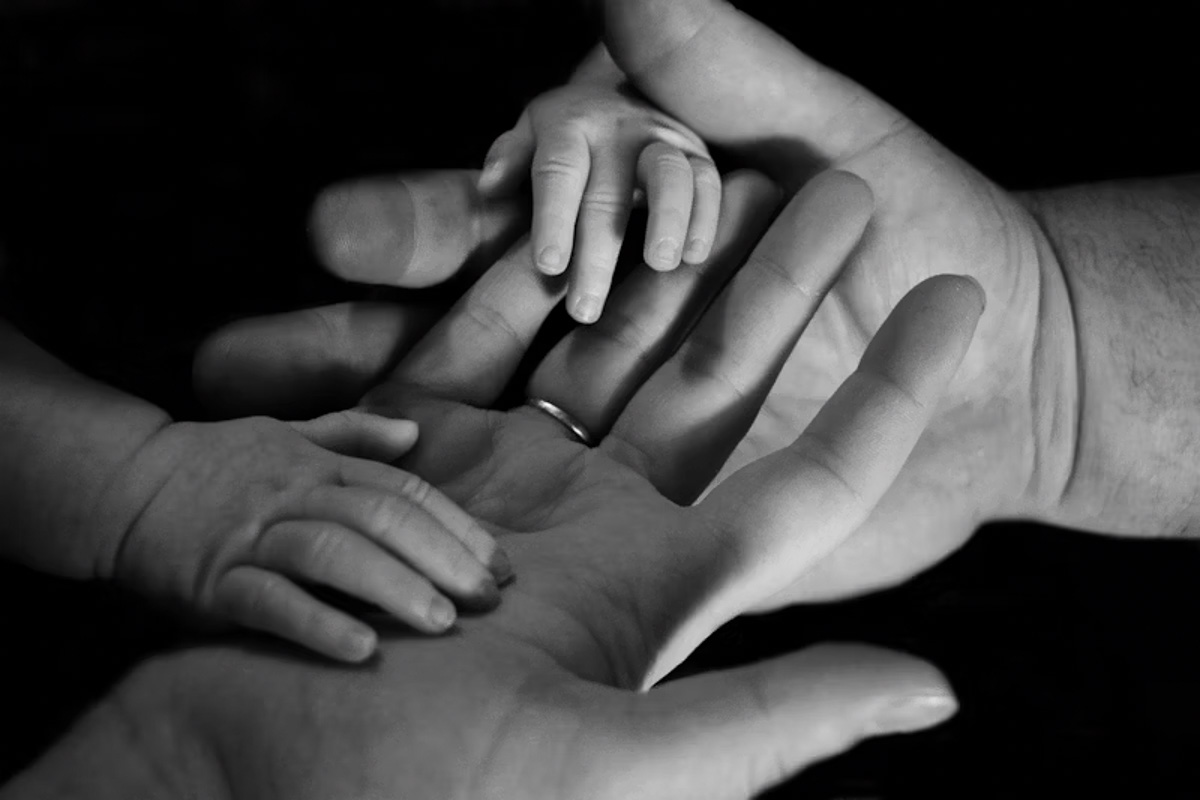
Whilst many people think that the naming committee is a good idea as it prevents parents naming their children weird and wonderful names, others have been deeply critical of the committee citing that it doesn’t allow for creativity, independence or understanding of different backgrounds. One of the most famous critics of the committee was the previous major of Reykjavik and comedian Jón Gnarr who waited until he was living in the USA to legally change his name. Despite the perception that the committee prevents any weird names there are still some rather unusual examples on the list. For example, you can be called Mímósa (mimosa!), Ugluspegill (owl mirror) or even Ljónshjarta (lion heart).
Icelandic names are often a source of curiosity for travellers to Iceland. They also reveal much about Icelandic society and culture, highlighting the relaxed approach to life and friendly attitude towards other people. When travelling to and around Iceland be prepared to be addressed by your first name and to address others by their first name too. Remember, to enjoy the Icelandic relaxed approach to life and learn some beautiful Icelandic names on your trip!
